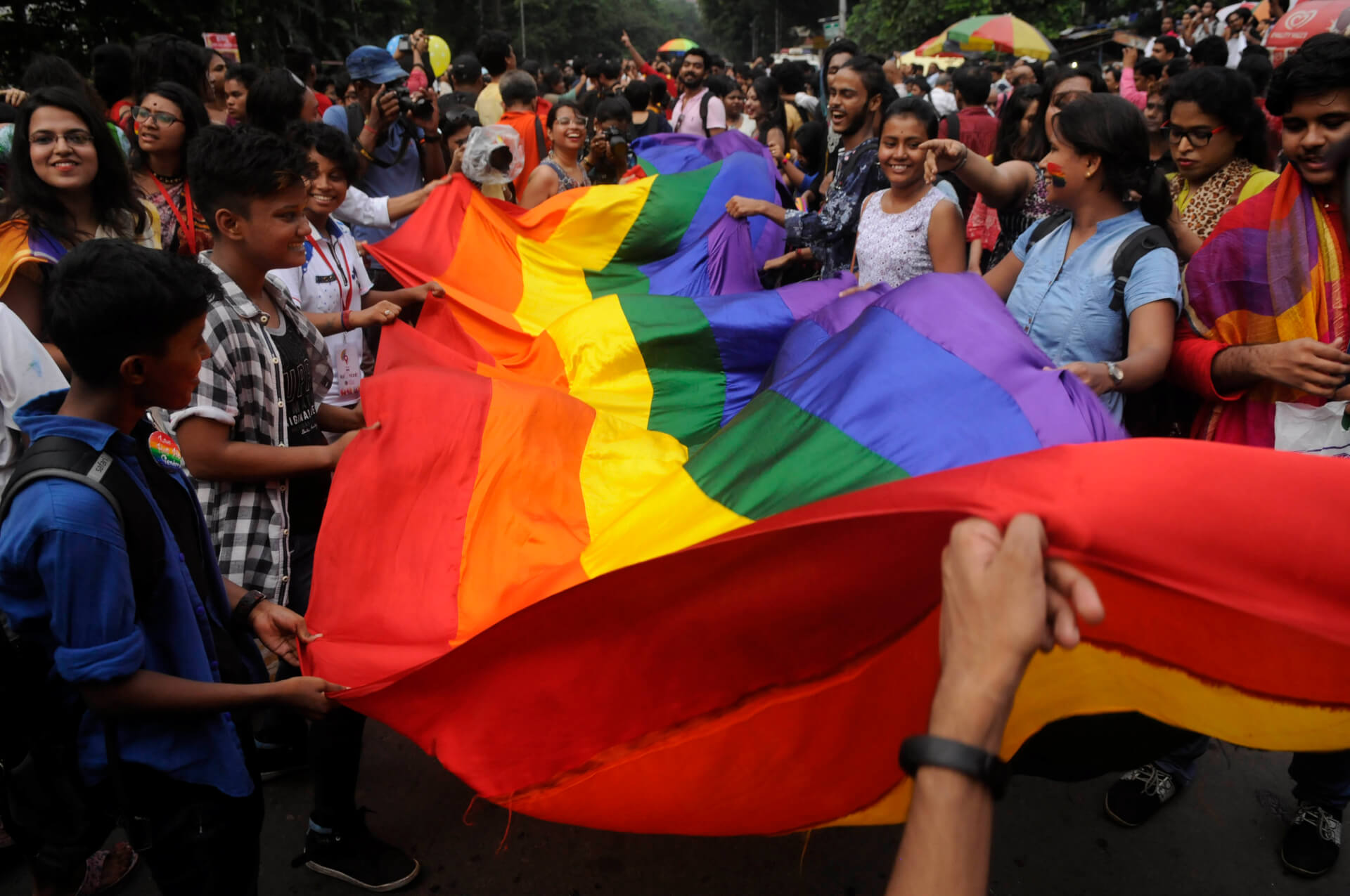On Thursday, the Indian Central government called for the dismissal of several petitions filed before the Delhi High Court that seek the recognition of same-sex marriages under the Hindu Marriage Act, Special Marriage Act, and the Foreign Marriage Act.
Justifying its position in an affidavit, the government’s representative said that the Centre had a “legitimate state interest” in opposing same-sex marriages, as it believes that the issue is a matter of public interest. The centre contends that same-sex marriages go against “age-old customs, rituals, practices, cultural ethos, and societal values.” It added, “While a marriage may be between two private individuals having a profound impact on their private lives, it is submitted that marriage, as a public concept, is also nationally and internationally recognised as a public recognition of relationship.” Moreover, the concept of such marriage, the Centre argued, has not been “codified under any statutory laws or uncodified personal laws.”
Further, it said that the idea of same-sex marriages was not compatible with the “Indian family concept” and, therefore, contravenes the “solemn institution” between a “biological man and a biological woman.” The affidavit stated that “Western ideas without any basis in the Indian constitution” cannot be imposed into Indian society. It further claimed, “Family issues are far beyond mere recognition and registration of marriage between people of the same gender. Same-sex individuals living together as partners and having a sexual relationship (which is decriminalised now) is not comparable with the Indian family unit concept of a husband, a wife, and children.”
The affidavit further said that the Navtej Singh Johar vs. Union of India case, in which the Supreme Court of India struck down the provision in the Indian criminal laws that criminalised “unnatural sex”, was merely decriminalisation of “a particular human behaviour.” Hence, it argued that this judgement, read with other landmark judgements on privacy, cannot be interpreted to justify the recognition of same-sex marriages.
The document submitted by the Central government further said that deciding on this issue goes beyond the scope of the judiciary, as the courts cannot create rights through “the process of judicial adjudication.” This, according to the affidavit, is a power that lies solely with the legislature. Moreover, the government also claimed that legitimising same-sex marriages would cause “complete havoc with the delicate balance of personal laws.”
The Indian LGBTQ+ society has only recently seen the decriminalisation of Section 377 of the Indian Penal Code, which criminalised “unnatural sex” and was excessively used by authorities to crack down on members of the community. In September 2018, the Supreme Court passed a much-celebrated judgment saying that this section could not be used to criminalise consensual homosexual acts and must be limited to criminalising bestiality, carnal intercourse with minors, and situations where such sexual acts were done without consent. While the judgement was silent on legitimising same-sex marriages, it extensively spoke about the need to normalise these relationships and even offered an apology to the community that has faced stigmatisation and violence for years. Hence, these submissions by the Central government act as a major setback for the Indian LGBTQ+ community, who will be taken back in their efforts for legal recognition if the court accepts the submissions of the government.
Same-Sex Marriages “Not Comparable” With Traditional Family Unit, Says Indian Government
Looking for a dismissal of petitions seeking recognition for same-sex marriages before the Delhi High Court, the Central government said that same-sex marriage is “not a fundamental right”.
February 26, 2021

SOURCE: GETTY
